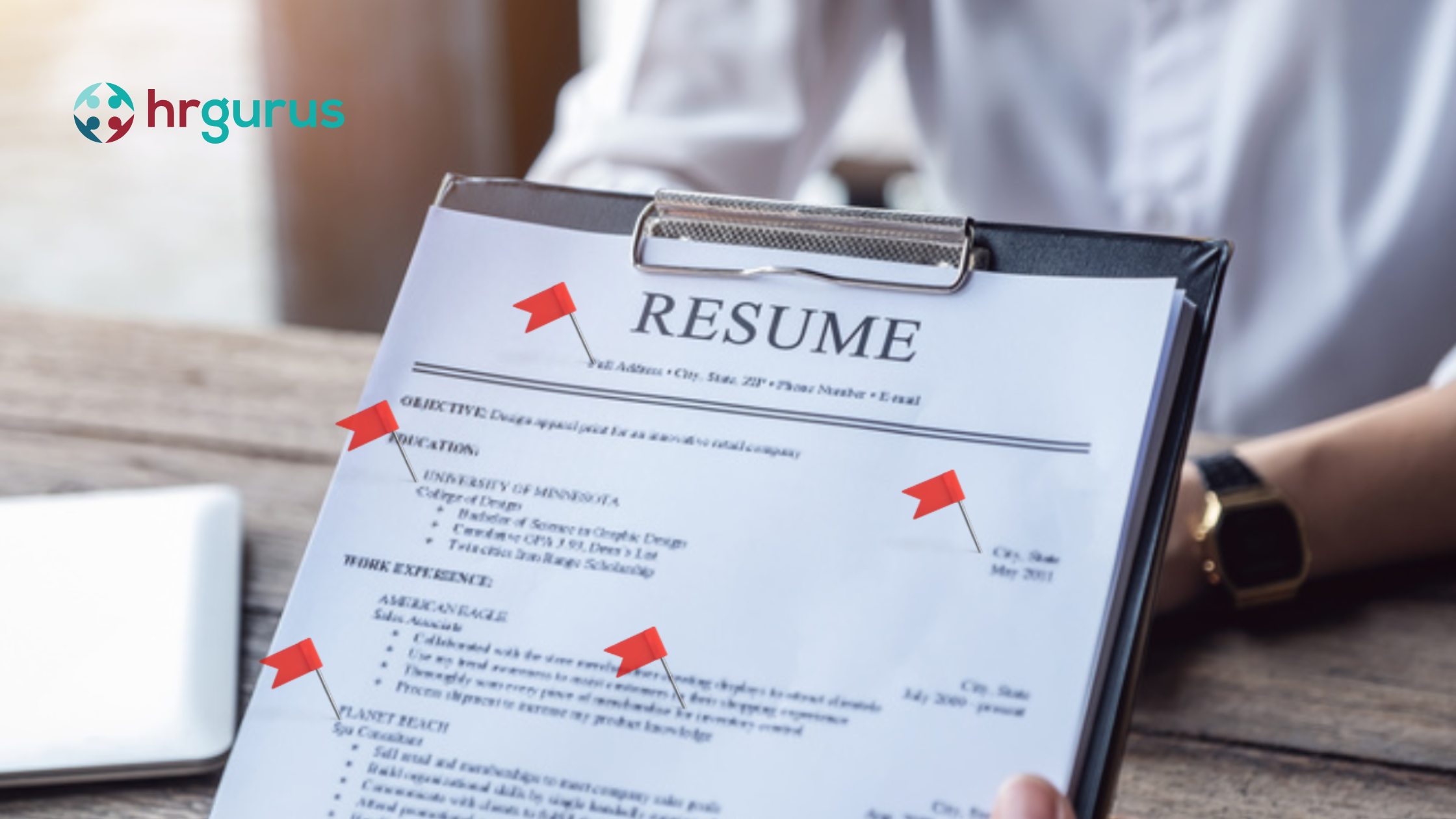We’ve all been there—desperate to fill a role, pressed for time, and telling ourselves, “Maybe that red flag isn’t that bad.” Spoiler alert: it is. Hiring in a talent-short market is tough, but ignoring warning signs in recruitment is like dating someone who openly admits they have ‘commitment issues’ and then acting surprised when they ghost you.
So, let’s talk about red flags, green flags, and why background checks are your best friend in hiring the right person (and avoiding costly hiring mistakes).
The Green Flags: Signs you’ve found a good one
✅ Clear, well-structured resume – No weird gaps or creative job titles that mean nothing (looking at you, ‘StraXtegic Happiness Officer’ instead of ‘Receptionist’).
✅ Strong references – From real, verifiable managers, not “My mate Steve who I did a project with once.”
✅ Professional online presence – LinkedIn is polished, no public Facebook rants about ex-bosses.
✅ Punctuality in interviews – If they’re late now, imagine what they’ll be like on a Monday morning.
✅ Can articulate their achievements – “I increased sales by 20%” is better than “I worked in sales.”
✅ Consistent career progression – Unless they’re a travel blogger, too many short-term stints can be a red flag.
The Red Flags: Proceed with caution
🚩 Vague answers about past employment – If they can’t clearly explain why they left their last job, something’s fishy.
🚩 Gaps in employment with no explanation – A six-month ‘sabbatical’ might be a nice way of saying ‘I got fired and needed time to recover’.
🚩 Bad-mouthing previous employers – If they’re talking trash about their last boss, you might be next.
🚩 Over-explaining why they left a role – If it takes five minutes to explain a resignation, it probably wasn’t voluntary.
🚩 No references, or only personal ones – “My mum says I’m great” doesn’t count.
🚩 Sketchy online footprint – Google them. You might find a criminal record, or worse—a multi-level marketing scheme.
Why we ignore red flags
Let’s be honest—desperation. The recruitment market is tight, skills shortages are real, and job security fears mean fewer candidates are looking. But hiring out of desperation is like shopping when you’re starving—you’ll end up with something bad for you, and regret it later.
Background Checks: Because gut feelings aren’t enough
Your gut might be great for picking restaurants, but recruitment? Not so much. Here’s what you should be checking:
Reference Checks – Always call previous employers. Ask about performance, reliability, and if they’d hire them again. If they hesitate, or refuse to provide a reference there’s your answer
Police Checks – If relevant to the role, do it. Especially if they’re handling money, children, or confidential info.
Employee Reliability Inventory (ERI) – This checks for things like honesty, dependability, and work ethic. Some people interview well but are terrible employees.
DiSC Profiles – A psychometric test that helps you understand personality and working style. Good for team fit.
Benchmarking Previous Roles – Make sure their experience actually aligns with what you need.
Can you Google candidates?
Short answer: Yes, but be careful.
📌 LinkedIn? Fair game.
📌 Public Facebook/Instagram? Also fair game.
📌 Deep-diving into their tagged photos from 2012? Creepy.
📌 Using info you find to discriminate? Illegal.
Social media can show you a lot—like whether they spent the past six months ‘working remotely’ from a beach in Bali. But keep it ethical and relevant.
Hire Slowly, Fire Quickly
Bad hires cost time, money, and morale. Take your time to hire right. If you do make a bad hire? Don’t drag it out. Cut your losses and move on.
Because at the end of the day, recruitment is a lot like dating: listen to the red flags, do your background checks, and don’t settle for someone just because you’re lonely (or desperate to fill a role).
We facilitate heaps of pre-employment testing for our clients and our most popular test is called the Employee Reliability Inventory (ERI). It only costs $110 per person to do this test (which honestly could save you so much money in the long run). We recommend doing the test prior to interview as it gives you insights into red flags. You can view a sample report right here.
This assessment focuses specifically on reliability and trustworthiness in the workplace. It measures:
- Self-Discipline & Conscientiousness: Assesses reliability, task completion, and prioritisation skills.
- Trustworthiness: Evaluates honesty and ethical decision-making.
- Job Commitment: Identifies long-term dedication and engagement.
- Courtesy & Emotional Maturity: Measures interpersonal interactions and ability to handle feedback constructively.
- Safety Orientation: Reviews a candidate’s awareness of safety protocols and risk prevention.
The ERI is particularly useful for roles where consistency, reliability, and adherence to processes are critical. It really assesses the candidate’s work ethic (who does not want to know about that before hiring a candidate).
So there you have it, recruitment is such a dark science that we believe having as much information as possible to make informed decisions is the key to success.
Reach out if you are interested in getting some support around your recruitment process.
Continue Reading
Get a personal consultation.
Call us today at 1300 959 560.
Here in HR Gurus. We make HR simple because it should be.





